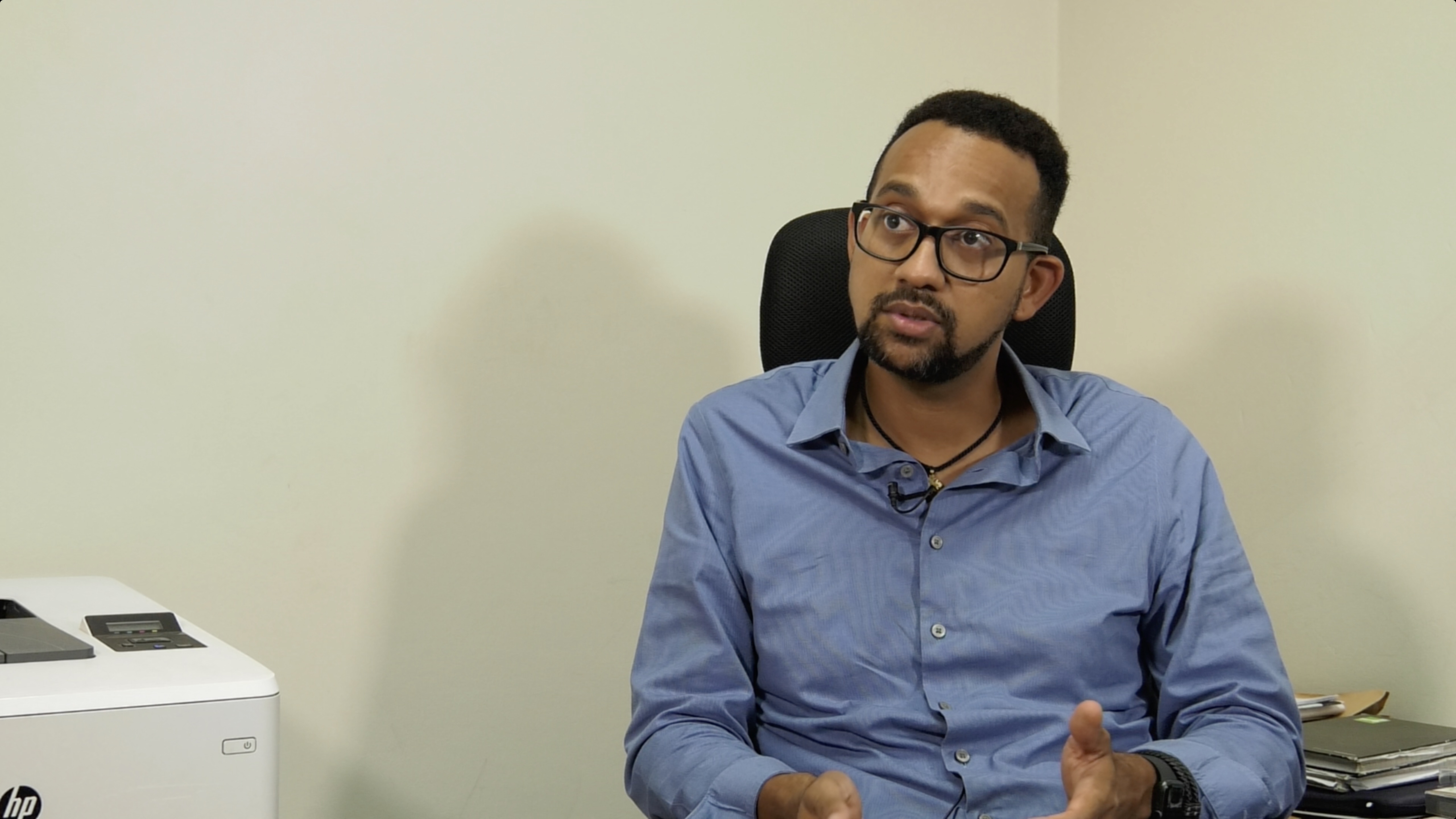Since 2018, WACCBIP began a series of efforts to engage local biotech industries. In the process, the Centre discovered that the biotech ecosystem in Ghana, and by extension, in West Africa, are less dynamic and had little capacity for the uptake of biomedical innovation originating from Ghana. Consequently, the Centre reviewed its strategy to focus on enabling the set-up of biotech startups within Ghana and West Africa. This led to the creation of a cancer immunogenetics start-up, Yemaachi Biotech, a brainchild of a WACCBIP research fellow, Dr. Yaw Bediako. WACCBIP closely supported the start-up and has since partnered with Yemaachi in some of its COVID-19 studies. Yemaachi Biotech, which has raised over $ 4 million, in 2022 performed the first human exome sequencing in Ghana.
To inspire and enable the next generation of the indigenous biotech industry, the Centre’s first step is the develop a Biotech Entrepreneurship programme in collaboration with the University of Ghana Business School (UGBS) Innovation Hub, and the Institute of Applied Science and Technology (IAST). The programme will encapsulate a training course, and a business incubation programme, run concurrently. In addition, the centre is implementing a small projects scheme to provide funding support to innovative, industry relevant research projects proposed and run by WACCBIP students and faculty:
- The Essentials of Biotech Entrepreneurship Training Course- The Biotech Entrepreneurship Training Course is a one-month sessional course with at least 7 contact sessions. The course will have an in-person format with expert facilitators sourced from our training partners.
- The Business Incubation Programme will be a 3-month business ideation and pitch development programme. Outstanding trainees from the training course, as well as other WACCBIP students and alumni with good business ideas, from the training course will be selected for the incubation programme. The incubation programme will provide advanced training in entrepreneurship, product development, finance, etc. Through the incubation process, trainees will develop their products and develop their business models under the mentorship of experienced scientists and biotech industry experts. At the end of the training programme, trainees will have prototypes and feasible business models, ready for execution. The final stage of the programme is a final pitch competition amongst the trainees, to select the most well-developed and feasible ideas for funding. Seed funding will be awarded to selected, outstanding business pitch ideas.
- The ‘small projects’ scheme is a funding scheme for innovative, and industry-relevant research projects led by WACCBIP students and faculty. Each year, students and faculty members will be allowed to submit projects, which have the potential to be taken up by the industry. These projects will be screened, with the projects demonstrating the greatest potential, selected for funding.
Moreover, through several networks, WACCBIP is driving innovation in the West African sub region. The centre joins, lead and co-lead a number of projects aimed at enhancing South-South Collaborations and through these are helping to build the innovative capacity of other partners. Currently, WACCBIP is a vaccine development hub for the African Research Universities Alliance (ARUA), as well as a coordinating centre for the West African Network of Infectious Disease ACEs (WANIDA). The centre has leveraged these to train partner institutions in Ghana, Mali, Burkina Faso, Guinea, Cameroon, Nigeria, Benin and Togo in next-generation sequencing techniques.
